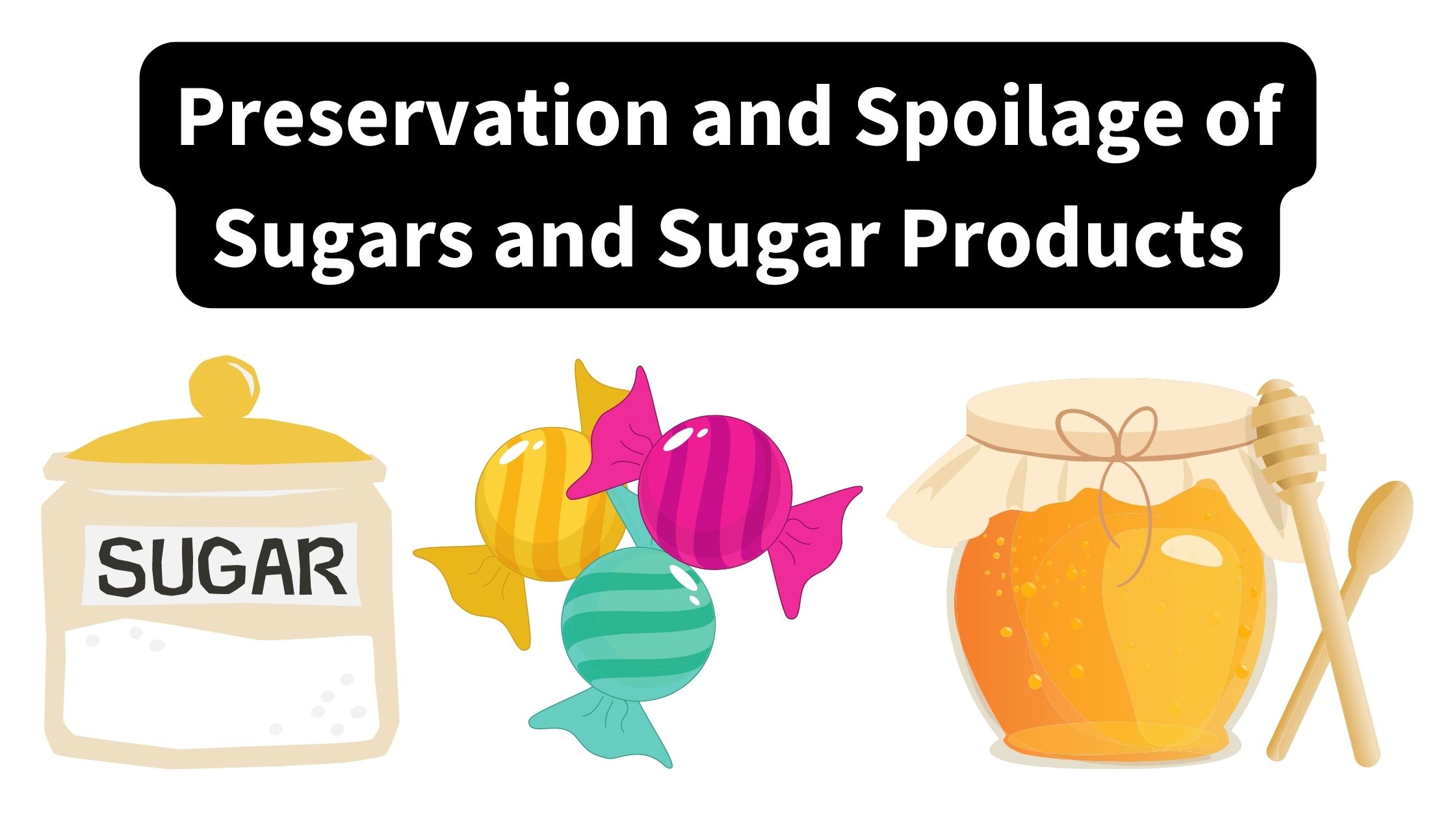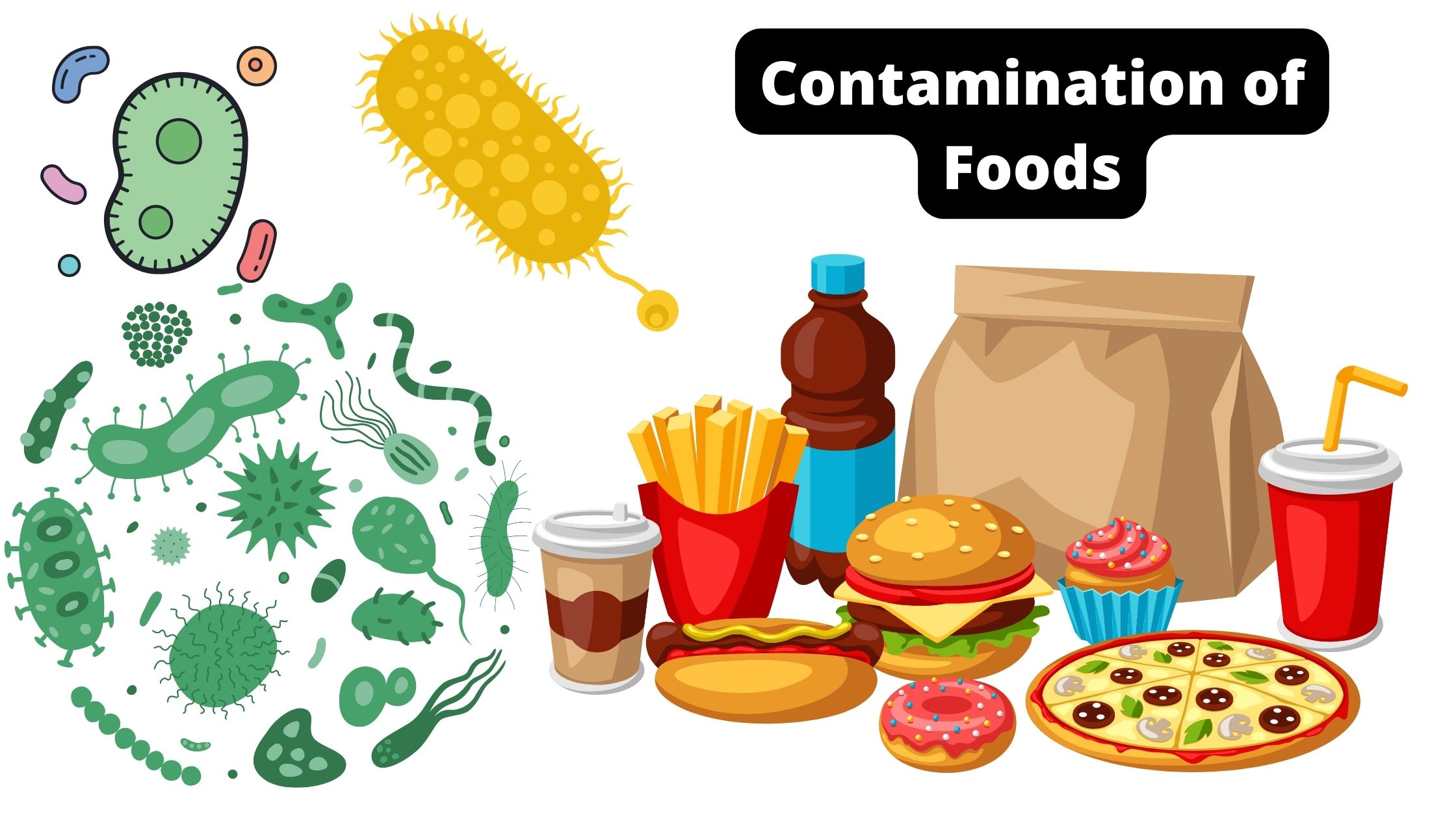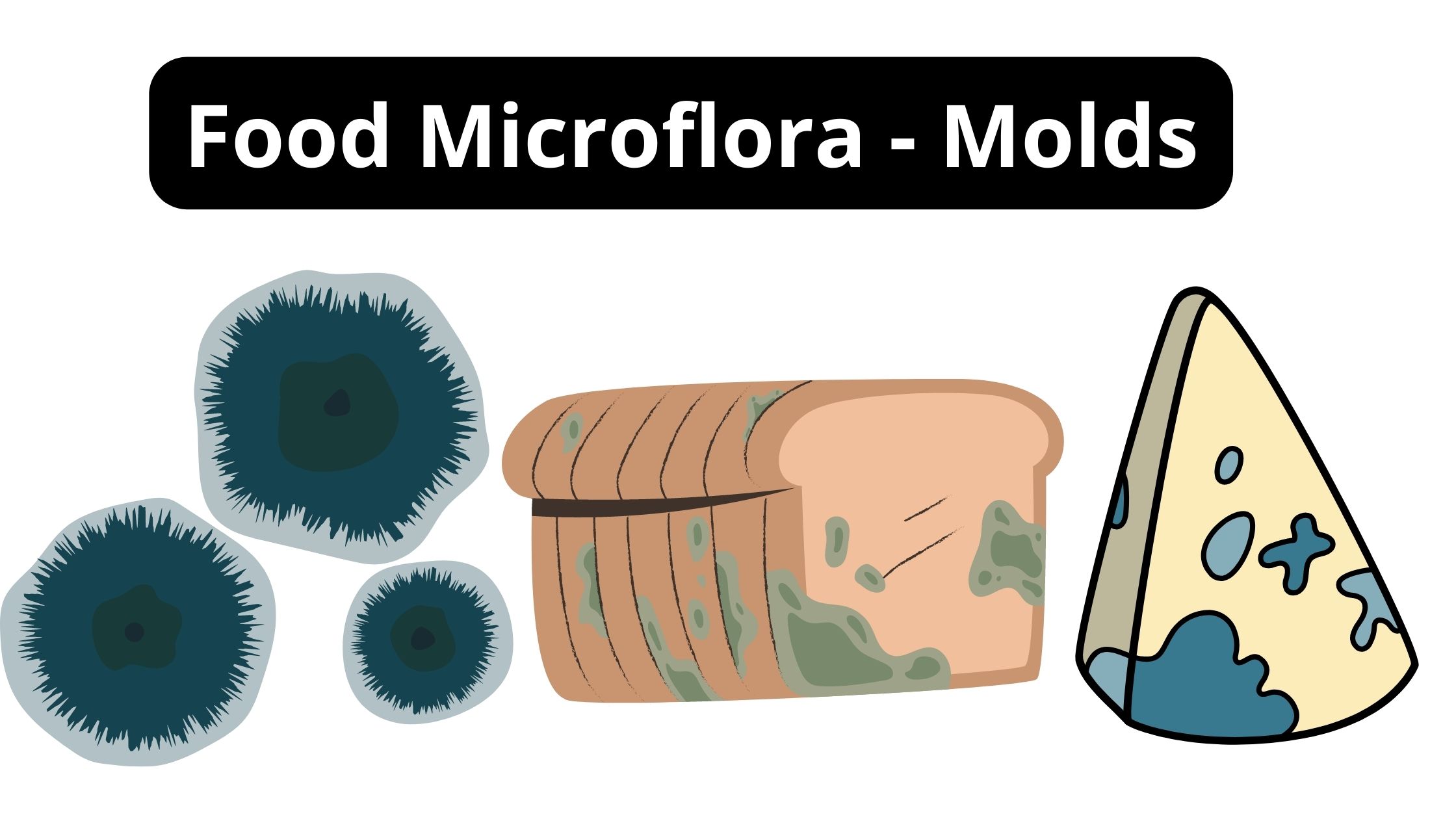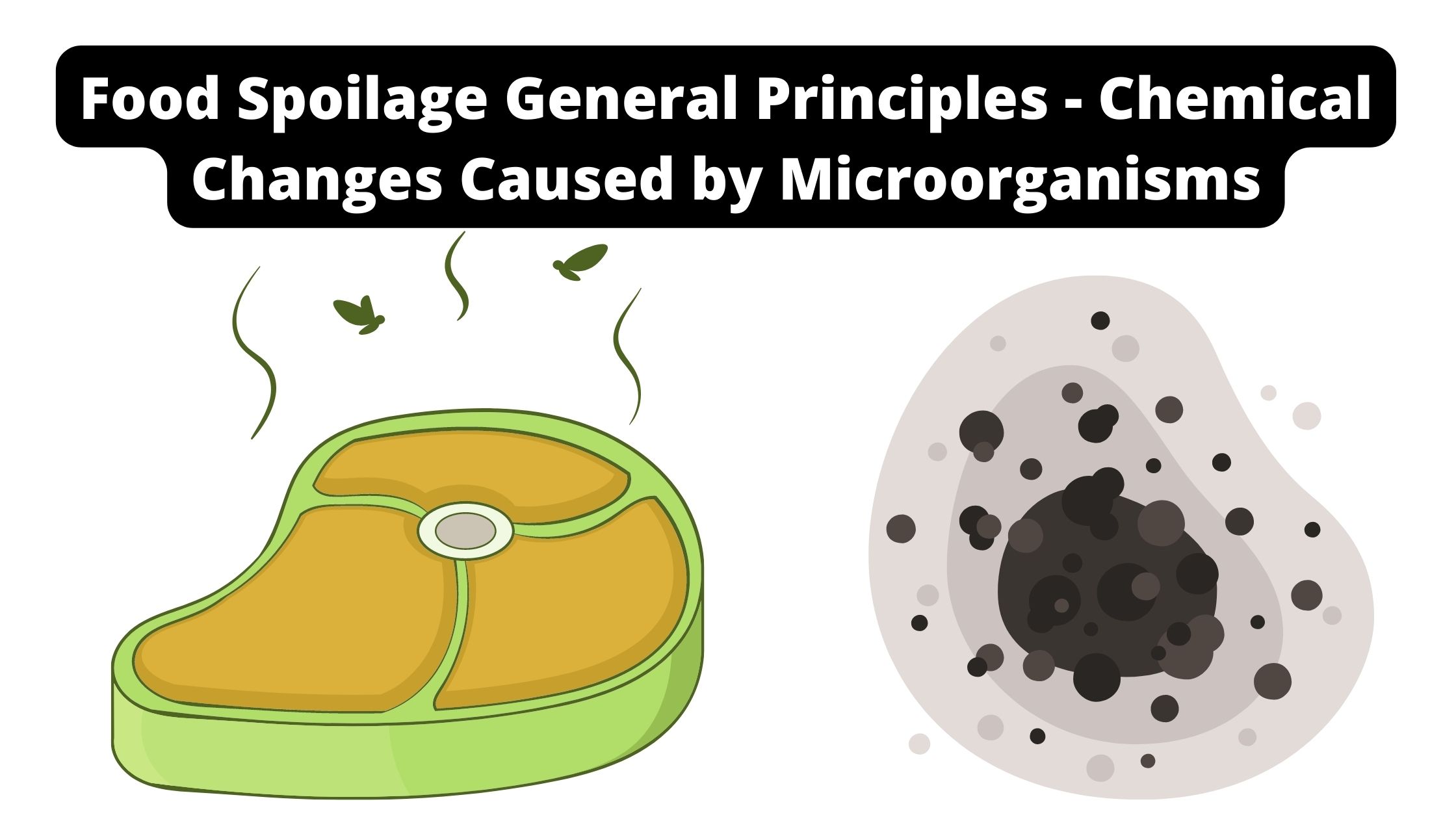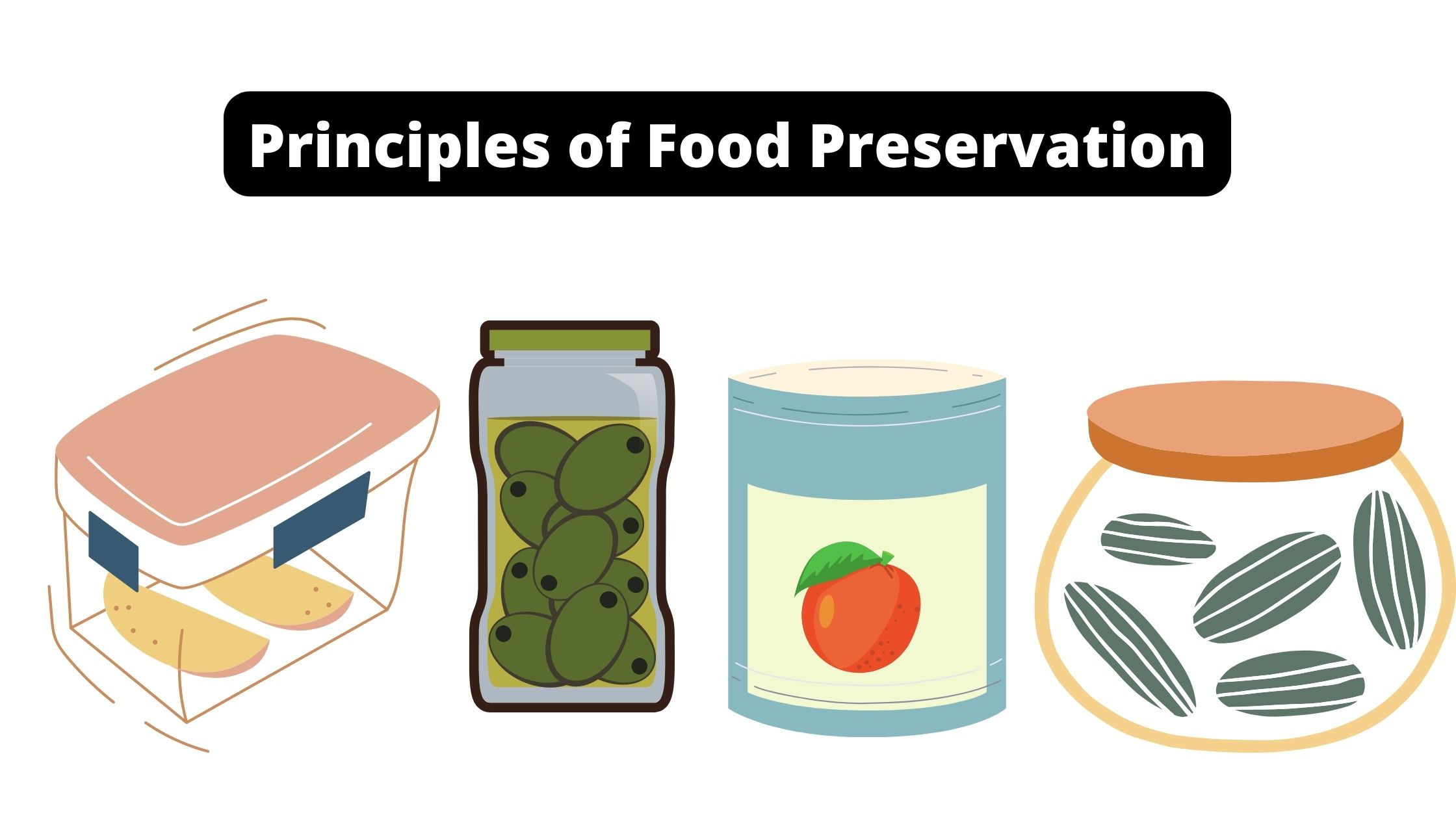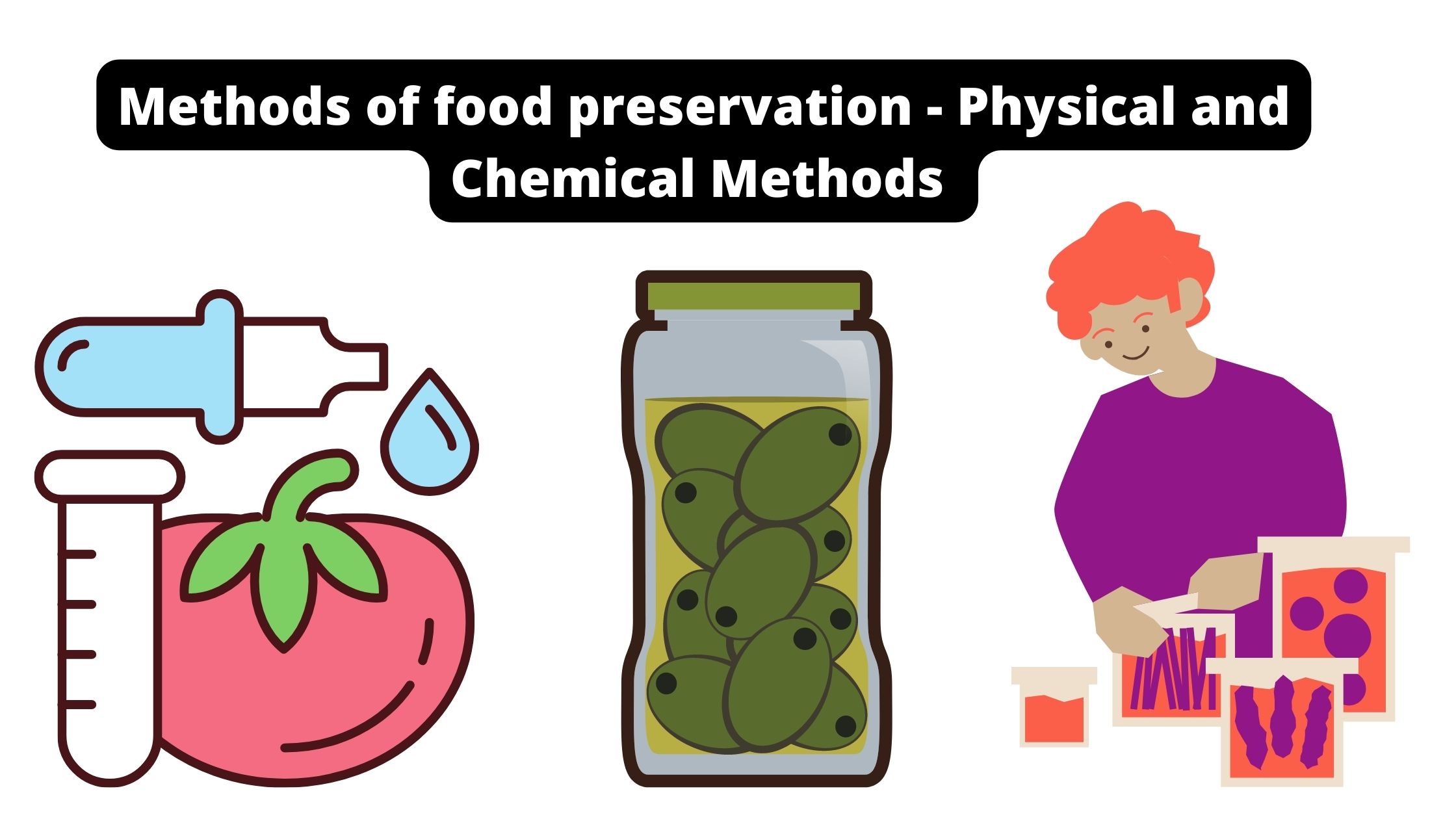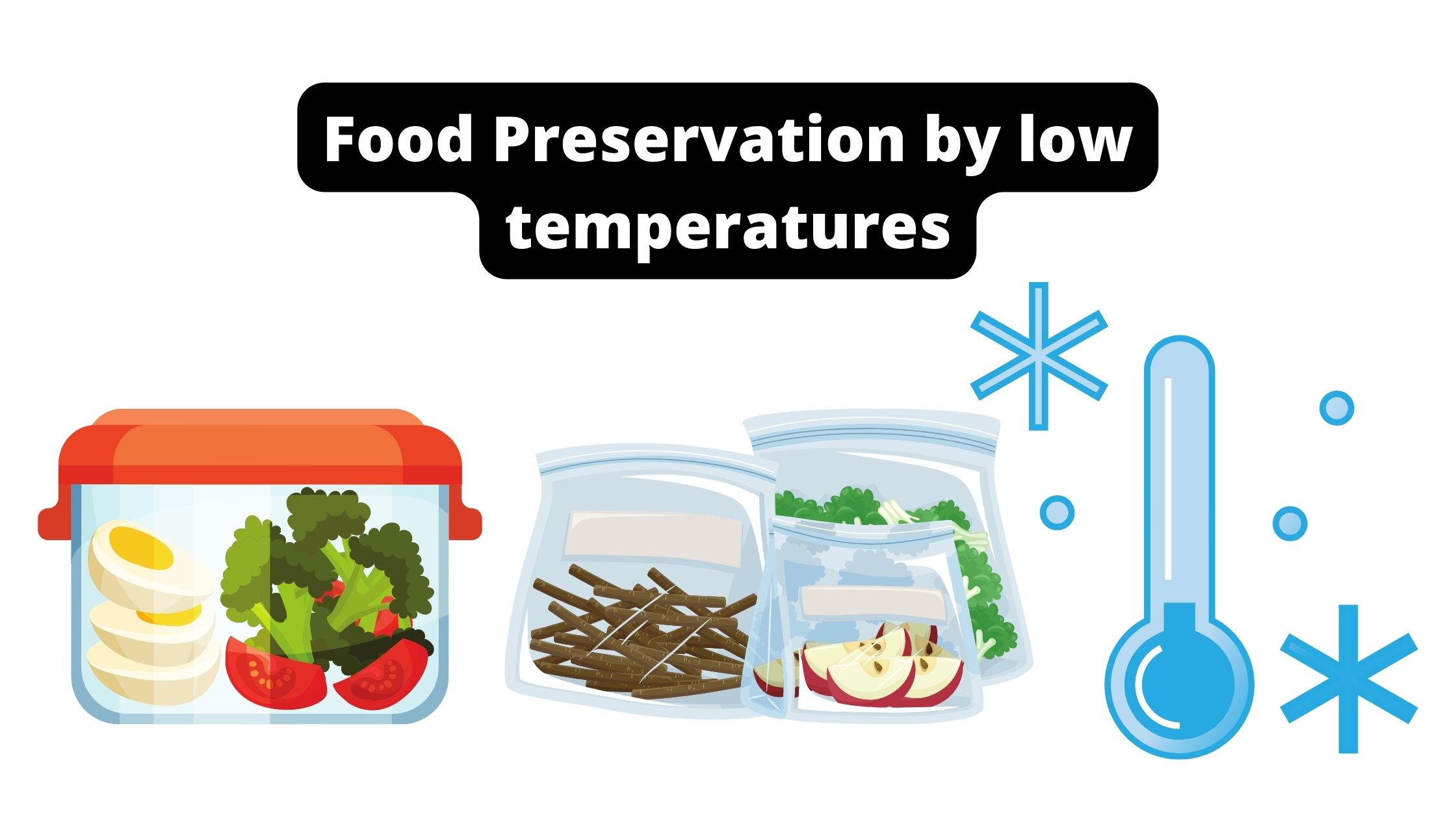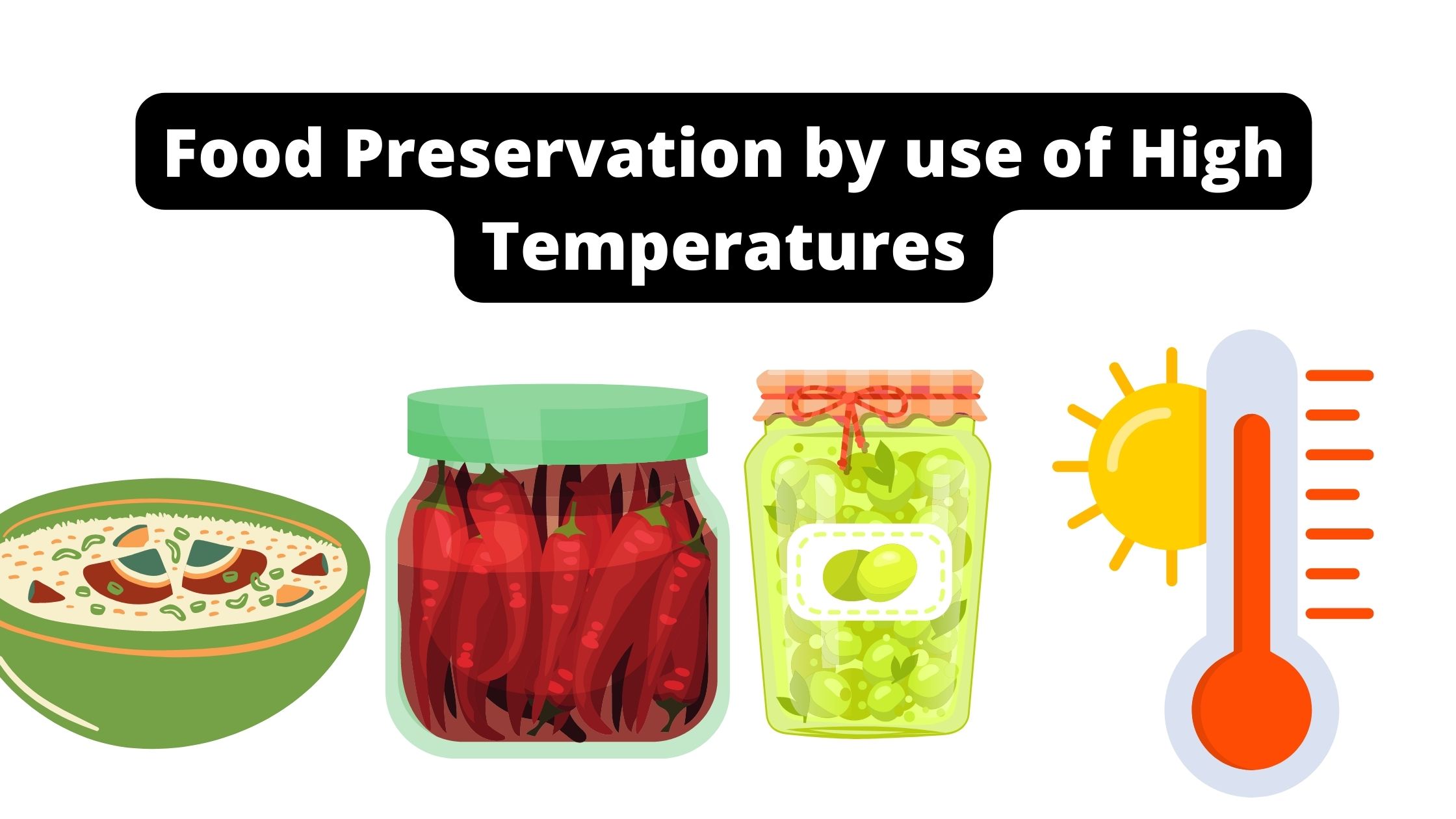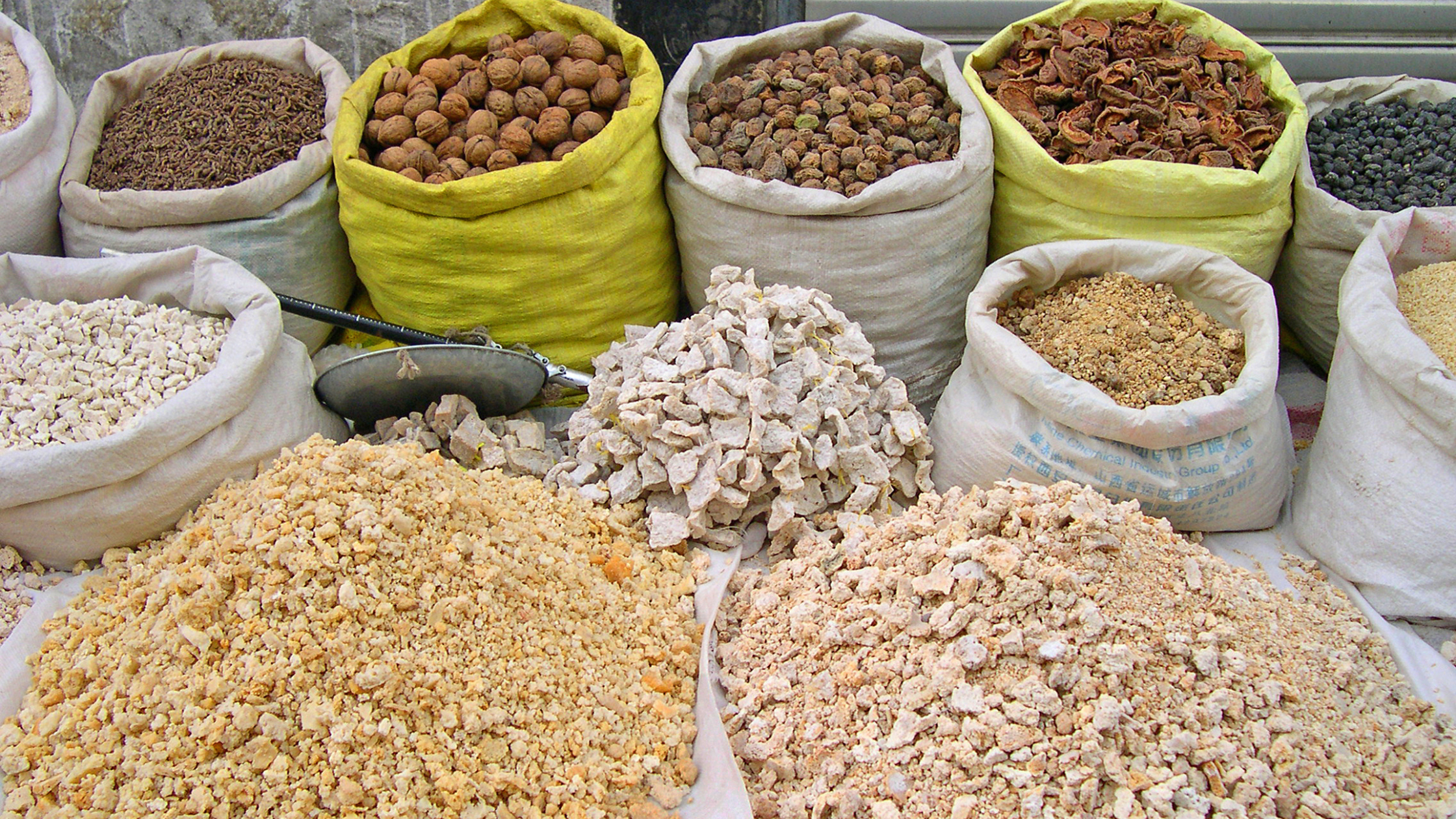Preservation and Spoilage of Sugars and Sugar Products
Contamination Of Sugars And Sugar Products Sucrose Maple Syrup Honey Candy Preservation Spoilage Sucrose During the production of sugar, the original cane or beet juice becomes increasingly purified toward sucrose and the concentration of sugar in solution increases until crystalline sugar and high-sugar molasses are produced. The more pure a product is, the less suitable … Read more
